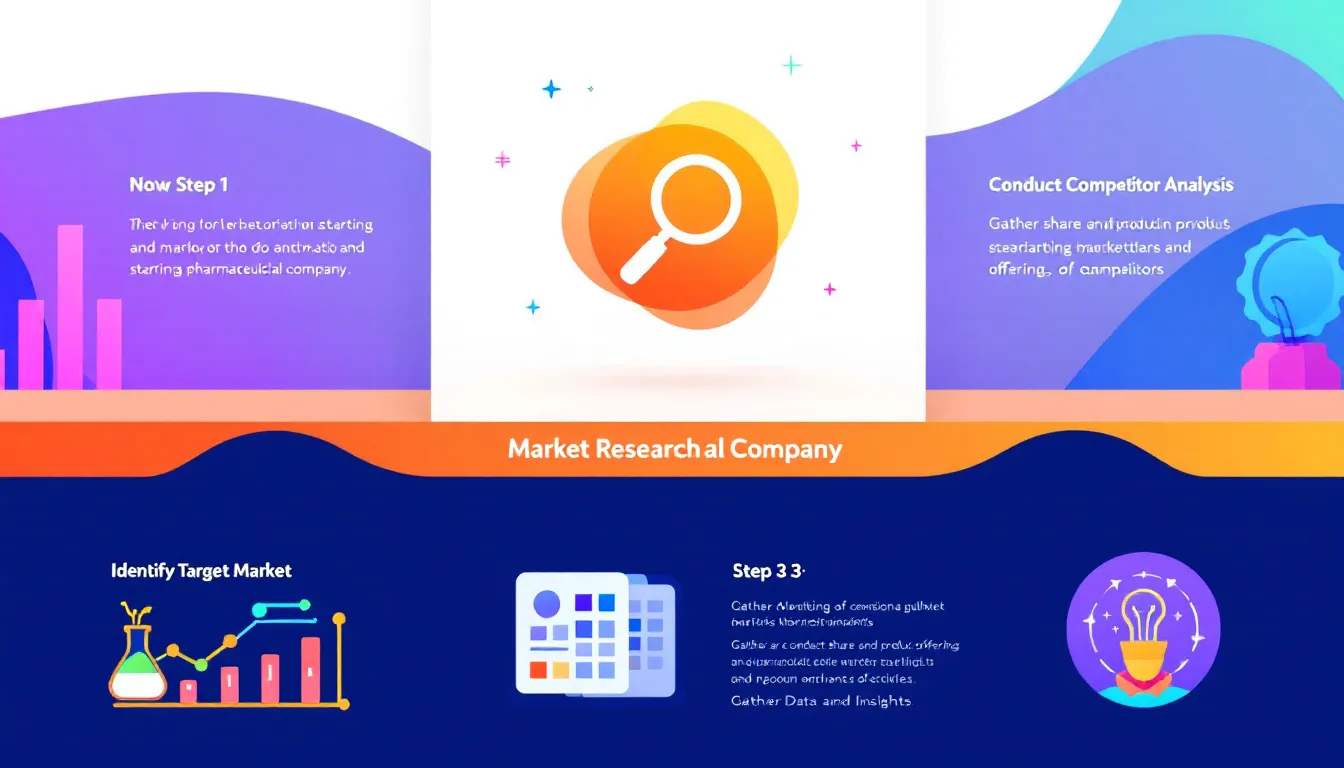Tablet press machines play a pivotal role in many industries, especially pharmaceuticals, nutraceuticals, and even confectionery. These machines are designed to compress powdered materials into uniform tablets, which are easy to store, transport, and consume.

But what exactly are these machines used for, and why are they so essential in various sectors?
Let’s dive into the core functions and uses of tablet press machines and understand their importance.
| Industry | Uses | Examples |
| Pharmaceutical | Making medication tablets | Painkillers, antibiotics |
| Nutraceuticals | Producing vitamins and supplements | Vitamin C tablets |
| Food & Confectionery | Creating candy and treats | Hard candies, mints |
| Chemical | Making cleaning and fertilizer tablets | Dishwasher tablets |
What is a tablet press machine? A tablet press machine is a mechanical device that uses compression to form powders or granules into solid, uniform tablets. It can handle a wide range of materials, such as pharmaceutical ingredients, food supplements, and confectionery products.
The result is a standardized product with consistent size, weight, and dosage.
Tablet press machines come in various sizes and types, from small, single-punch models for small-scale production to large, rotary presses that are capable of producing thousands of tablets per hour.

The most common use of a tablet press machine is in the pharmaceutical industry, where it is employed to produce medication in tablet form. These tablets may contain active pharmaceutical ingredients (APIs) that need to be administered in precise dosages.
By pressing powders into tablets, manufacturers ensure that each tablet has the same amount of the active ingredient, providing consistency in dosage and efficacy.
For example, a tablet press machine is used to create painkillers, antibiotics, or multivitamins in solid, compact forms that are easy for patients to consume.

Similar to pharmaceuticals, nutraceutical, and supplement manufacturers also use tablet press machines to produce vitamins, minerals, and dietary supplements. These tablets provide consumers with essential nutrients in a convenient, consistent format.
For example, tablet press machines are used to make vitamin C tablets or multivitamin complexes, ensuring the same quantity of nutrients in every dose.
Surprisingly, tablet press machines are also used in the food and confectionery industries to create candy and other edible products. For example, they can be used to compress powders or granules of sugar, gelatin, and other ingredients into small, uniform treats.
For example, in confectionery, tablet press machines are commonly used to produce hard candies like mints or lozenges.

In the chemical sector, tablet press machines are used to create tablets of non-pharmaceutical materials, such as cleaning agents or fertilizers. These compressed products are easier to store, transport, and use, offering practical solutions in both industrial and domestic environments.
For example, some cleaning tablets, like those used in dishwashers or washing machines, are produced using tablet press machines.
Understanding how a tablet press machine works is essential to appreciating its versatility. The process generally involves three main steps:
The powdered material is poured into a hopper, which then feeds the material into the die cavity where the tablet will be formed. The size and shape of the die cavity determine the tablet’s final dimensions.
The upper and lower punches of the machine press down on the material in the die cavity. This high pressure causes the powder particles to bind together, forming a solid tablet.
Once the tablet has been compressed, the punches retract, and the tablet is ejected from the die cavity. It then moves to a discharge chute, where it can be collected for further processing or packaging.
This process can be repeated thousands of times per hour, making tablet press machines ideal for mass production.
These machines are best suited for small-scale production. They create one tablet at a time and are often used in research or small-batch manufacturing environments.
Rotary tablet presses are used in large-scale production, where multiple sets of punches are arranged on a rotating turret. This allows the machine to compress multiple tablets simultaneously, increasing production efficiency.
Many modern tablet press machines now feature advanced automation and control systems, allowing manufacturers to monitor and adjust tablet production in real-time.
Automated machines often come equipped with sensors that track tablet weight, hardness, and thickness, ensuring precise production without human intervention.
This automation reduces error rates, particularly when producing pharmaceuticals where even slight deviations in dosage can have significant consequences. The integration of data analytics helps operators optimize machine performance, making the entire process more efficient.
For example, in a pharmaceutical plant, an automated tablet press system ensures that every tablet of a heart medication has exactly the right amount of active ingredient. If even a single tablet deviates from the required specifications, the machine halts production until the issue is resolved, safeguarding the quality of the product.
Another crucial aspect of tablet press machines is the force applied during compression. Different materials require varying degrees of pressure to form a tablet that is not only compact but durable enough to survive packaging and transport. Too much pressure, and the tablet may become too dense to dissolve properly; too little, and it may crumble.
Machines can be fine-tuned to adjust this force depending on the properties of the material being used. Compression force is particularly critical in pharmaceuticals, where tablet hardness can affect drug release rates and, subsequently, its effectiveness.
For example, a painkiller must dissolve quickly in the body for rapid relief, so the compression force is carefully calibrated to ensure the tablet breaks down rapidly after ingestion.
Many industries use tablet press machines to create tablets in unique shapes and sizes, adding branding elements or product functionality. For example, in the confectionery industry, tablets can be molded into shapes like animals or objects, making the final product more visually appealing.
Custom dies and punches can be designed to meet branding needs, with tablets featuring logos, embossing, or distinct shapes that set them apart on the market.
For example, in a candy factory, a tablet press machine is used to create heart-shaped mints, each with the company logo stamped in the center. This not only makes the product visually appealing but also reinforces brand recognition with every piece.
The efficiency of tablet press machines extends to material use, helping companies minimize waste. By precisely measuring the amount of material required to form each tablet, these machines reduce excess and ensure that resources are used as efficiently as possible. This aspect is especially important in industries that use expensive or rare materials, such as high-value pharmaceuticals or specialty chemicals.
Additionally, some manufacturers are now focusing on sustainable tablet press designs, using materials and processes that reduce energy consumption and minimize environmental impact.
Looking to improve your tablet production process? Contact us today to find the right tablet press machine for your needs and boost your manufacturing efficiency.
Tablet press machines can handle a wide variety of powdered or granulated materials, including pharmaceutical ingredients, vitamins, minerals, and confectionery substances.
Yes, tablet press machines can be customized with different dies to create tablets in various shapes and sizes, such as round, oval, or square.
A rotary tablet press can produce anywhere from tens of thousands to hundreds of thousands of tablets per hour, depending on the model and settings.




Pharmaceutical third party manufacturing is when companies outsource product production to specialized firms. This practice enables companies to focus on research and development. In this guide, we’ll cover the benefits, processes, and considerations of third party manufacturing. Key Takeaways Understanding Pharmaceutical Third Party Manufacturing Pharmaceutical third party manufacturing is a service where a company hires […]

Pharma discovery is crucial for finding new treatments for diseases. This process starts with identifying drug targets and ends with getting safe, effective drugs to market. In this article, we explain each stage of pharma discovery and highlight the innovations transforming this field today. Key Takeaways The drug discovery process is complex and entails multiple […]

If you want to know how do you start a pharmaceutical company, it involves conducting market research, developing a business plan, securing funding, and navigating regulatory requirements. This guide will cover these important steps and more to help you launch and grow a successful pharmaceutical business. Key Takeaways Conduct Comprehensive Market Research Starting a pharmaceutical […]